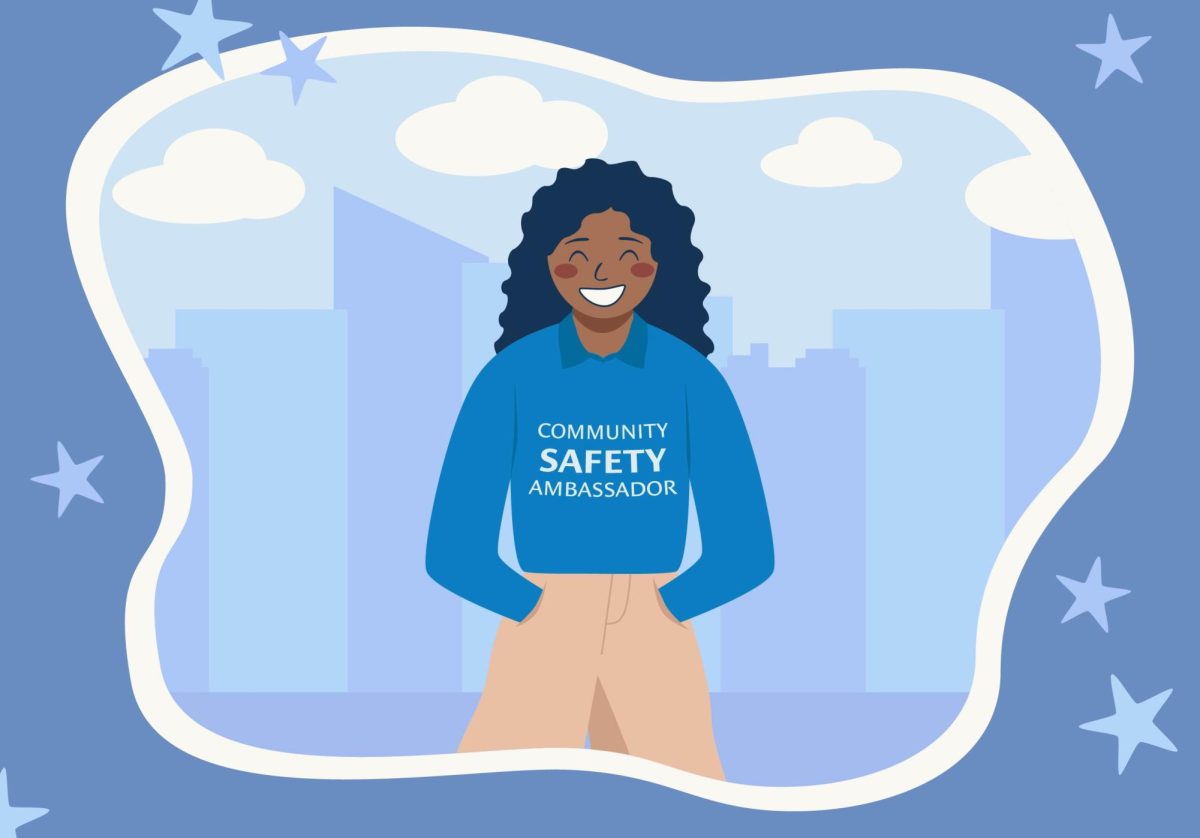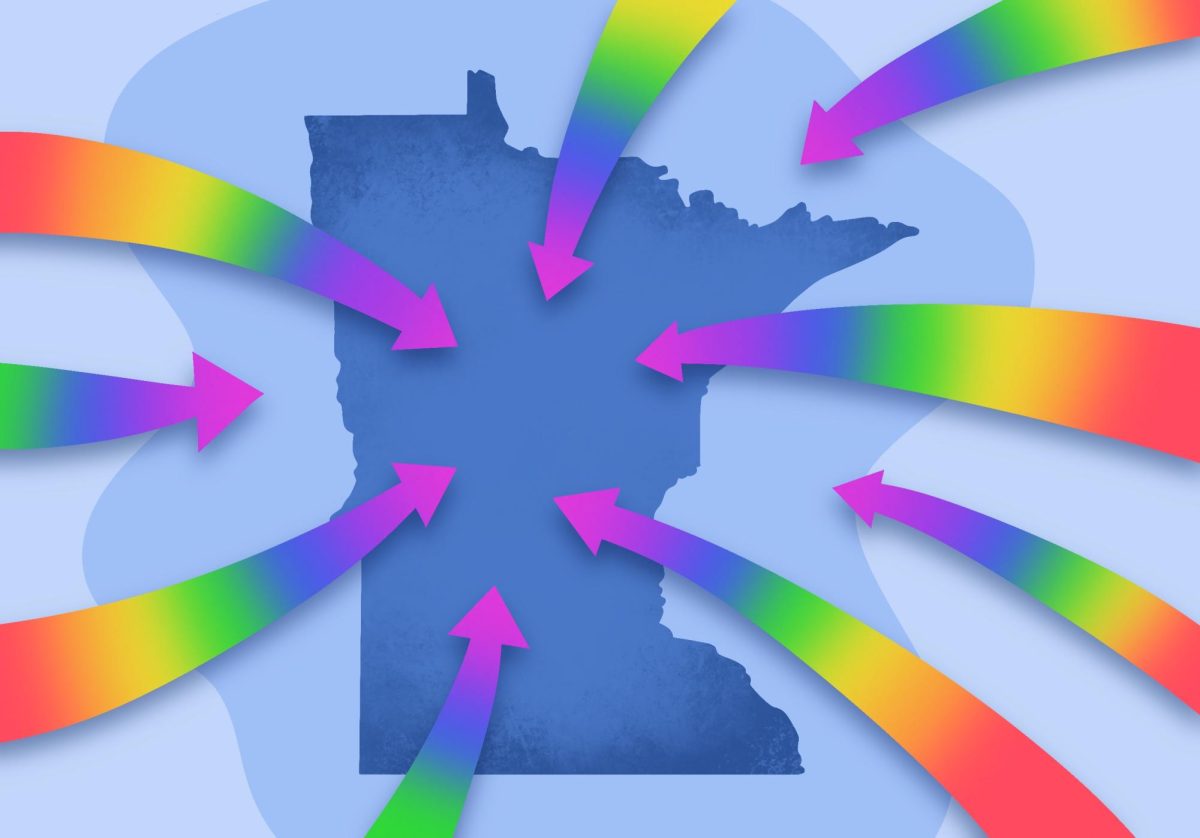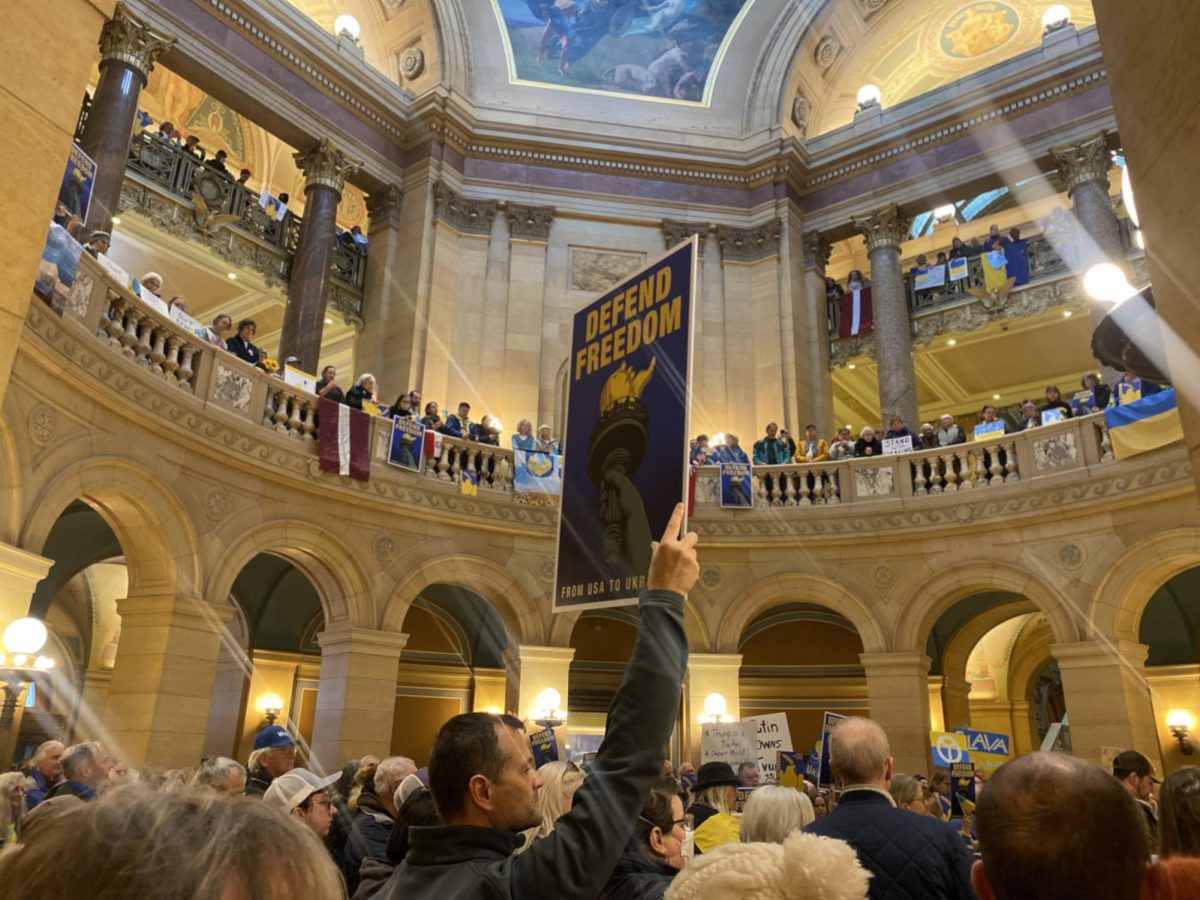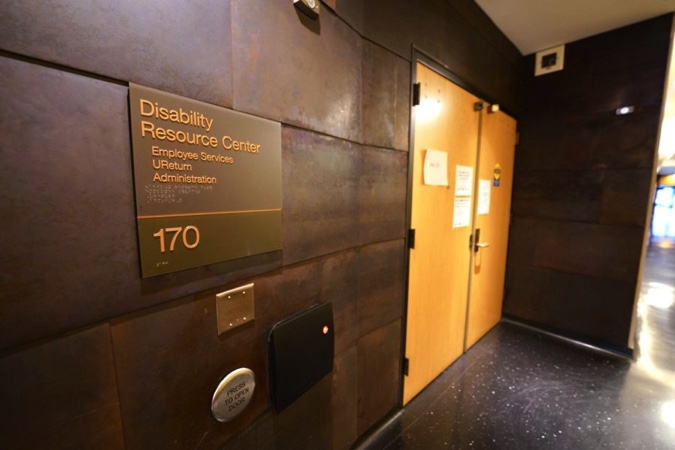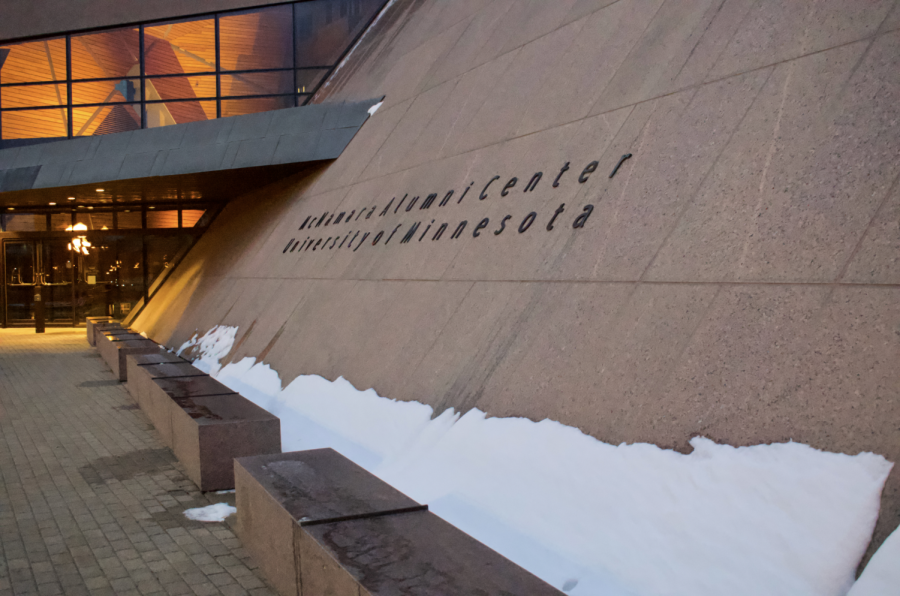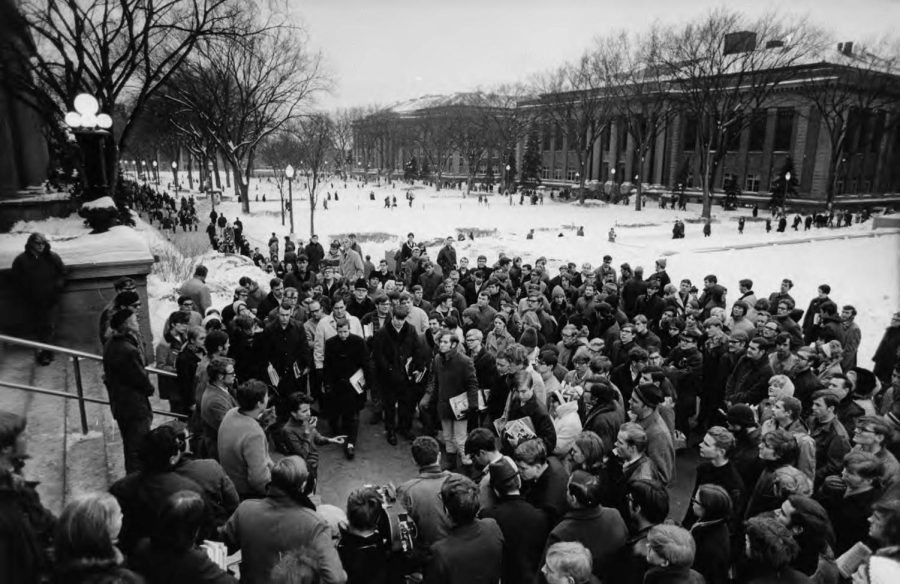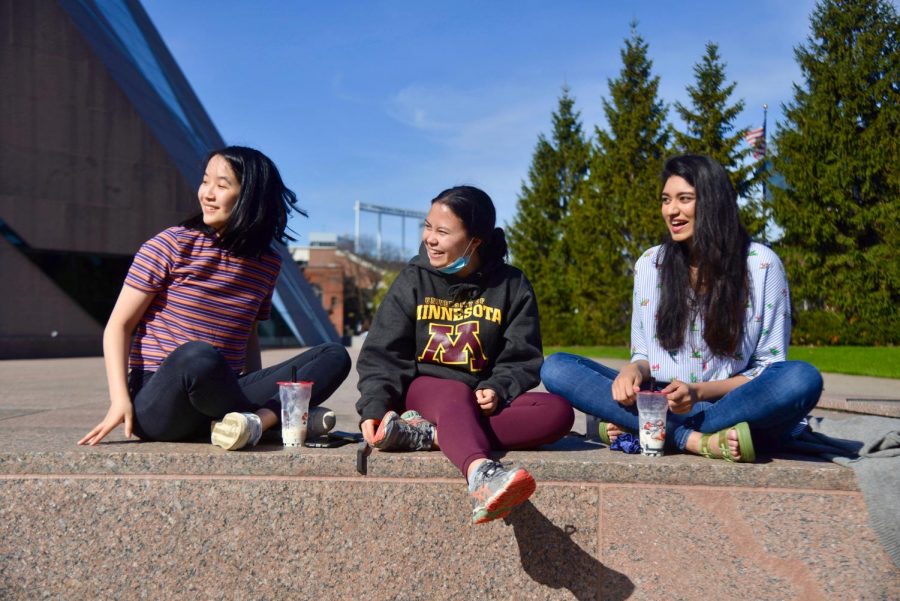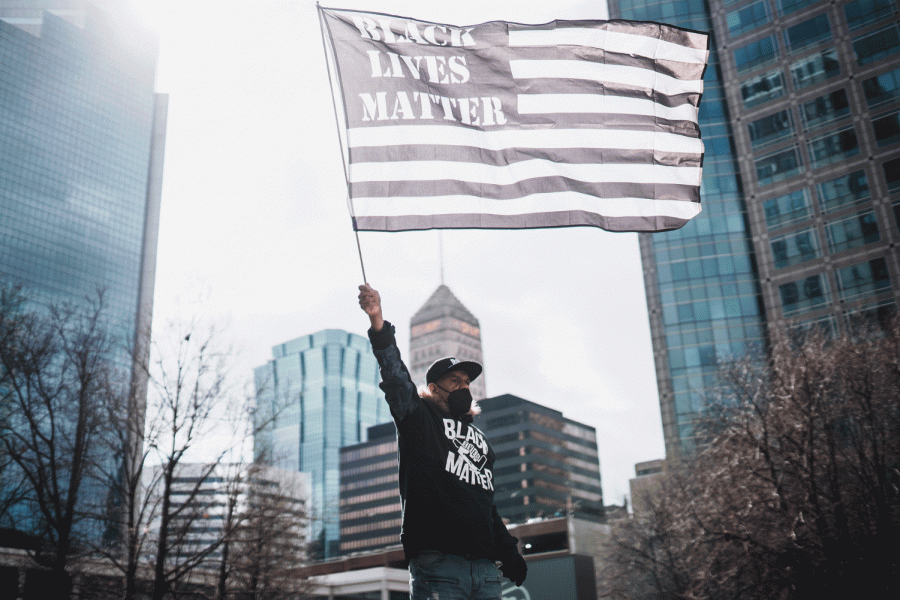The Cedar-Riverside neighborhood is known for its diversity, which extends beyond residents’ cultural backgrounds and into recent conversations surrounding public safety.
Some residents and business owners have called on the City of Minneapolis to increase police presence in Cedar-Riverside and allocate more resources to address recent violent crime incidents in the area. Other members of the community feel increased dialogue, specifically by giving younger residents a seat at the table, should be the priority.
According to Minneapolis Police Department statistics, crime in Cedar-Riverside is down in 2019 so far compared to this time last year. But recent incidents, including a shooting Feb. 19 near the Cedar Cultural Center and a triple shooting March 1 that resulted in the death of 17-year-old Abdiwasa Farah prompted the community to mobilize.
City officials respond
After meetings with community members on March 5 and 6, MPD temporarily changed the shifts of two Somali beat officers assigned to the neighborhood in February from mornings to evenings.
As the weather gets warmer and Ramadan approaches, the community is bracing for more criminal activity, said Russom Solomon, owner of The Red Sea restaurant and chair of the West Bank Business Association’s safety committee. MPD will also add two mounted officers in early May to work a few hours on Friday and Saturday nights.
“When the weather is good, you have more people outside hanging out; kids are out of school [and] during Ramadan people stay out late,” Solomon said. “That may, from our experience, bring crime spikes during the summer.”
The MPD 1st Precinct covers downtown Minneapolis and adjacent Cedar-Riverside. Solomon said he believes the City has been focusing the precinct’s resources on the downtown area and neglecting the neighborhood. A few weeks ago, Solomon and a few community members met with MPD officials and Minneapolis Mayor Jacob Frey to discuss adjusting the distribution of the precinct’s officers and resources.
“We’re trying to make sure that the mayor and policemen understand the situation we’re in and give us the necessary attention when they make decisions,” Solomon said.
Residents seek alternative solutions, better communication
Although some residents and business owners have requested more officers in the neighborhood, other community members believe a bigger police presence in the area isn’t necessarily the right course of action.
“I feel like a lot of times they’re just trying to be reactive rather than trying to understand the people and what’s going on,” said University of Minnesota graduate and current University of St. Thomas graduate student Muhubo Mohamed.
Mohamed, 23, has lived in Cedar-Riverside for 19 years and said she felt safe in the tight-knit neighborhood growing up. She said an influx of new residents, many of whom moved into the Five15 On The Park apartments on 15th Avenue South, changed the dynamics of the neighborhood she knew.
“I’m more concerned because I just don’t know the people that live in my neighborhood as much as I used to back in the day,” Muhubo Mohamed said.
At a monthly community safety meeting April 2 with MPD and Metro Transit officers, some residents expressed concerns about outsiders coming into the community to cause trouble. Residents said police haven’t been responding to calls about such suspicious persons. MPD officers stressed better communication between police and the community in order to more effectively do their jobs.
“You have to call for us to respond to deal with the situation,” MPD Officer Mohamud Jama said at the meeting. “Since we started a couple of months ago, we have never gotten a call about anything like that. We don’t know, so you have to call for us to know.”
Residents attributed fear of police and a lack of understanding between residents and law enforcement to poor communication. Somali beat officers Jama and Daadir Galayr were assigned to the predominantly East African neighborhood at the community’s request in order to bridge the divide.
“We want to teach our youth and our youngest that the police are safe,” said Fartune Del, owner of Sagal’s Restaurant and member of the Somali Mothers Group that protests gang violence and holds community safety discussions. “If the police are there and you’re not doing anything wrong, I don’t think there’s a threat.”
Community looks to youth-focused approach
While some residents differ on whether to increase police presence as the answer to violence, they find common cause in emphasizing the importance of community involvement in finding solutions.
Kowsar Mohamed, a University graduate student at the Humphrey School of Public Affairs, grew up in Cedar-Riverside and co-founded the neighborhood’s Youth Council as a teen to organize and advocate for young people like herself. Providing the next generation of young people in Cedar-Riverside with a voice in the decision-making process leads to successful results, she said.
“I don’t feel like they have the avenue or the spaces or the platforms that have been built for them to feel like they’re safe to share what their narratives are, what their big questions are, what their big ideas are,” Mohamed said.
Young people and their parents deal directly with issues of violence, Mohamed said. Instead of making the violence solely a policing issue, the community needs to focus on providing spaces and resources for families dealing with the trauma of losing a loved one, she said.
“They’ve lost siblings, they’ve lost friends and I don’t think there has [sic] been spaces created for youth and parents to heal,” Mohamed said.
Youth in the area don’t have enough things to do that would keep them off the street, said Cedar Riverside Opportunity Center Manager Saeed Bihi. Part of achieving that goal means working to create more resources for young people in the form of educational and recreational opportunities, he said.
“When we treat [that] core problem, sometimes it would address more for the community than to bring more officers into the streets,” Bihi said.
Tiffany Bui contributed to this report.



